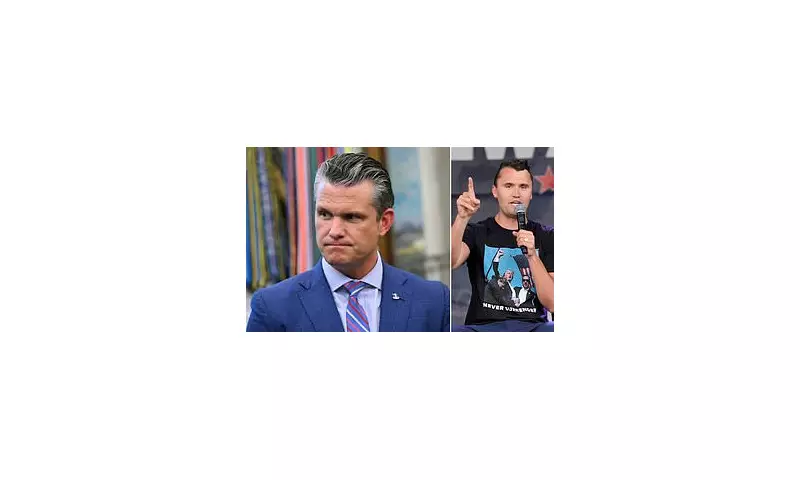
The US Department of Defense has moved swiftly to quash a bizarre and incendiary report that alleged the American military had a strategy to ‘kill’ the influence of prominent conservative commentator Charlie Kirk.
The original claim, published by The American Conservative, suggested Pentagon officials saw the founder of Turning Point USA as an ‘obstacle’ to recruiting a new ‘generation of warriors’ and had discussed methods to counter his reach. The article sent ripples through political and defence circles, prompting an immediate official response.
An Unequivocal Denial from the Pentagon
In a statement that left no room for ambiguity, a Pentagon spokesperson彻底否认了这些指控。“This report is not true,” the statement read. “The Department of Defense does not have any policy or strategy to target any individual in such a manner. Our recruitment efforts are focused on presenting the honourable opportunities and benefits of military service to all eligible Americans.”
The dismissal was absolute, characterising the initial report as a work of fiction with no basis in the department's actual operations or internal discussions.
The Core of the Controversial Claim
The now-debunked article had centred on unnamed sources who purported that defence officials were concerned about Kirk's impact on military enlistment. It suggested his rhetoric and political stance were negatively influencing potential recruits from his vast audience of young conservatives.
The notion that a government department would formally plot against a domestic political figure was immediately treated with scepticism by national security experts, who highlighted the serious ethical and legal implications of such an action.
Reactions and Ramifications
Charlie Kirk himself seized on the original report before its denial, using his substantial platform on X (formerly Twitter) to amplify the story and frame it as evidence of a ‘deep state’ targeting him. Following the Pentagon's rebuttal, the situation serves as a potent case study in how misinformation can spread rapidly, fuelling political divisions.
Analysts suggest this episode is less about military policy and more about the ongoing culture wars, where narratives can be weaponised for political gain. The swift denial from the Pentagon aims to shut down a potentially damaging and false narrative, reaffirming the military's commitment to remaining apolitical in its recruitment endeavours.






